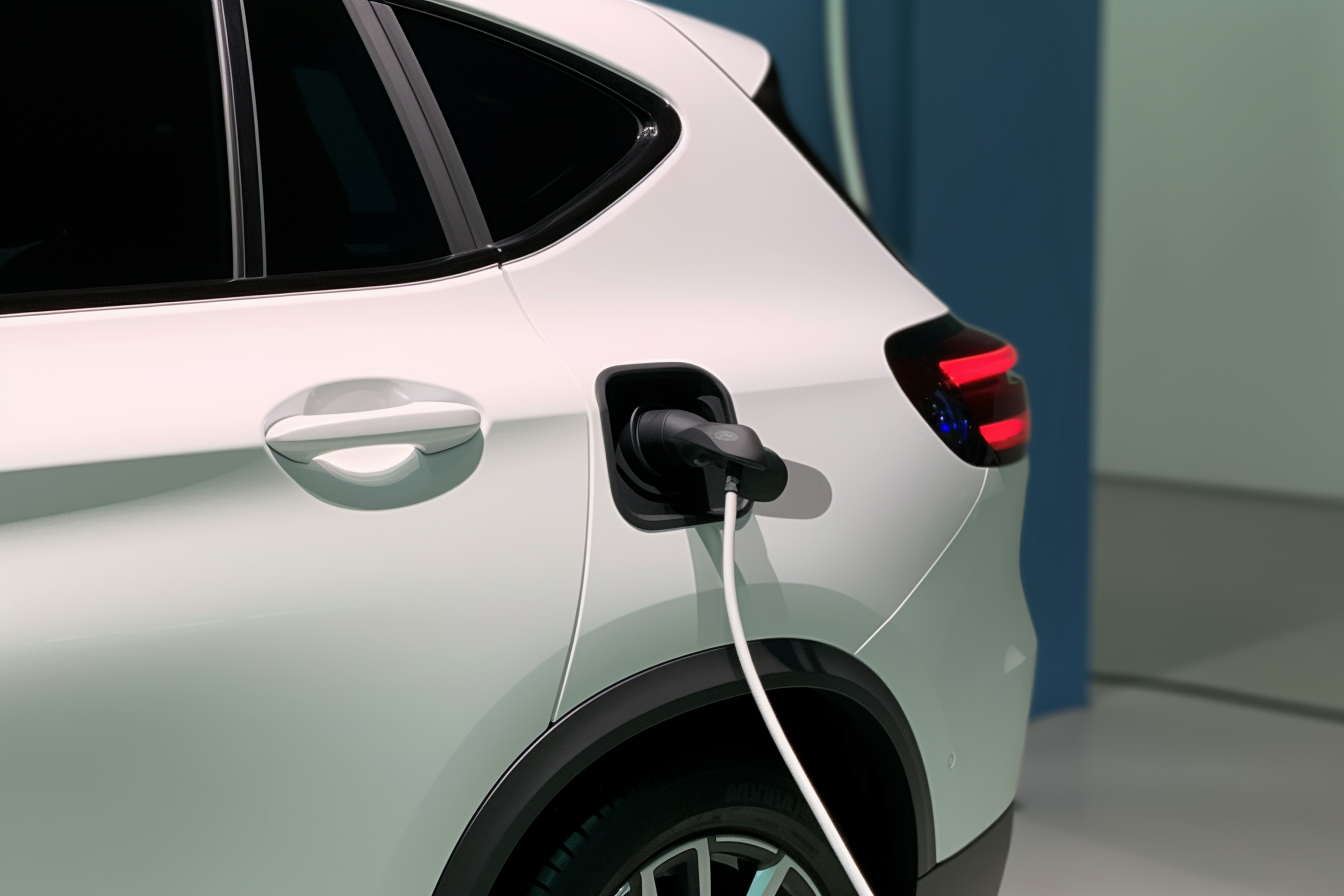Electric Vehicles Are Preventing The Consumption Of 1.8 Million Barrels Of Oil Per Day
Electric vehicles and fuel-cell vehicles are making a significant impact on reducing global oil consumption for road transport, avoiding nearly 1.8 million barrels of oil per day in 2023, according to BloombergNEF (BNEF). This accounts for about 4.1% of the total demand in the road transport sector, showing an increase from 1.5 million barrels per day in 2022. The trend of avoided oil consumption has steadily risen, reaching almost two and a half times the amount in 2015, when it was approximately 720,000 barrels per day. This positive trajectory is expected to continue.
Surprisingly, two- and three-wheeled electric vehicles contribute significantly, representing about 60% of the avoided oil demand in 2023. Their rapid adoption, particularly in China, Southeast Asia, and India, contributes to this substantial impact. In 2023, passenger electric vehicles surpass buses as the second-largest source of avoided oil demand, constituting 23% of the total, while buses and commercial vehicles make up 13% and 3%, respectively.
BNEF’s projections indicate a promising future for oil displacement by electric and fuel-cell vehicles. In their Economic Transition Scenario, these vehicles are expected to displace 12.4 million barrels of oil per day by 2035. Under the more ambitious Net Zero Scenario, which aims for a globally zero-emission vehicle fleet by mid-century, an additional 4 million barrels per day are projected to be displaced in 2035.
The environmental impact goes beyond reduced oil consumption, as BNEF estimates that electric vehicles currently prevent 112 million metric tons of CO2 emissions annually. This figure takes into account the entire lifecycle, including the emissions associated with additional electricity generation.
Despite these positive developments, the transition to a fully sustainable and emission-free road transport system is in its early stages. BNEF notes that the estimated avoided emissions for 2023 represent only about 2% of all emissions from road transport. The transformation of the vehicle fleet to eliminate fossil-powered cars, trucks, SUVs, buses, motorcycles, scooters, and tuk-tuks from the roads is a gradual process, but the progress made so far is a crucial starting point.
Article Written By: Michael James



Leave A Comment